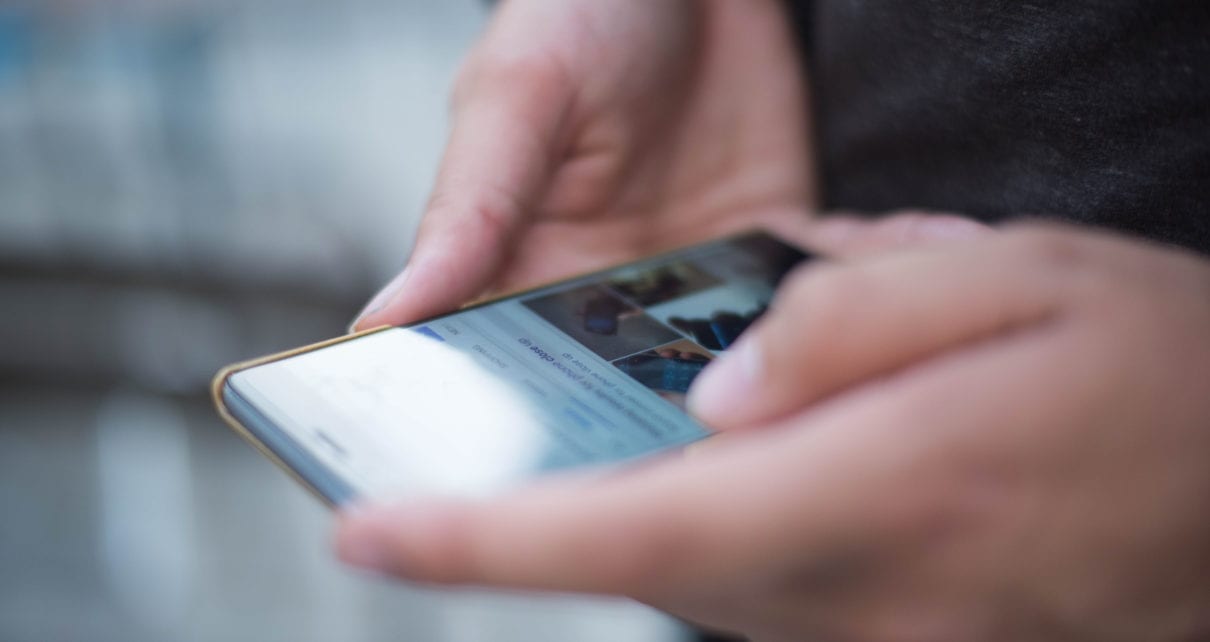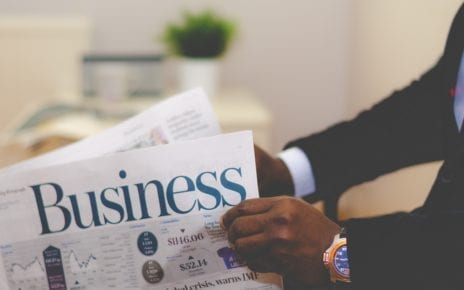This article was sourced from Business Insider. Article by Mary Hanbury.
Dallas Thompson has been fantasizing about a J. Crew purple cocoon coat for weeks.
Unfortunately, the $US259 coat doesn’t come in her size.
Thompson, who runs herown fashion blog, is a size 24. Shopping for fashionable clothes in her size can be a nightmare.
“It’s very challenging,” Thompson told Business Insider. “You have to make shopping a hobby or a sport.”
Thompson isn’t alone.
According to the Fashion Institute of Technology, more than half of women in the US are plus-size, or size 14 and above.
Women’s plus-size apparel is a big business. It generates $US20.4 billion of annual sales in the US and in the past three years, the category has grown by 17% — far outpacing sales of women’s apparel in general.
But many plus-size shoppers still have trouble finding flattering clothing, despite having money to spend.
In an open letter for the fashion blog Racked titled, “Hey J. Crew, why don’t you want my plus-sized money?” Thompson called out the retailer for not selling clothing bigger than US 16, despite advertising US 18 online on its size charts. A spokesperson for the store told Business Insider that product sizing varies from season to season and could not confirm whether larger sizes would be offered in future.
J. Crew could benefit from tapping into the growing plus-size market. The retailer’s same-store sales fell 9% in the last quarter, following a decrease of 12% in the third quarter of last year.
“I spend a lot of money on clothes,” Thompson said. “I have a huge closet full of things and there are retailers, like J. Crew, that are really missing out on the chance to have me spend a lot of money.”
Victoria’s Secret, which is known for its ads featuring rail-thin models, is losing ground to more body-positive brands, like American Eagle‘s Aerie, even though both brands sell up to size XXL.
Last week, Victoria’s Secret’s parent company L Brands announced that the brand is expecting a 20% drop in same-store sales in February. Meanwhile, Aerie, which triumphs natural beauty and self-acceptance in its ad campaigns, has seen five consecutive quarters of more than 20% same-store sales growth and plans to open 50 new stores in 2017.
Department stores have also been slow to cash in.
“In general you see weird patterns, strange fabrics, and odd cuts,” Thompson said about plus-size offerings. “Just because I am fat does not mean I want to wear a polyester blouse with rhinestones stones and lace on it.”
A few weeks ago, luxury store Neiman Marcus introduced a new collection of plus-size clothes in 5 of its off-price Last Call stores.
“I always have customers come up to me and say, ‘We love your jewellery. We love your shoes. When are you going to carry clothes for people like me?’” Frank Crisci, vice president of merchandising at Neiman Marcus Last Call, told WWD. “It struck a chord that we are not serving this customer the way we should be. It’s a huge market, and we’re not playing in it.”
JCPenney has collaborated with plus-size “Project Runway” star Ashley Neil Lipton to launch Boutique+, a line of fashionable plus-size clothes in 200 of its stores, but it’s a small collection.
Thompson mainly shops online on UK websites like ASOS and
Simply Be, which have expanded into the US market and brought more interesting and creative plus-size options for shoppers. But trying clothes on in stores is still more appealing, she says.
Sarah Conley, a plus-size fashion blogger at
Style It, has faced similar issues.
“Sure they have free shipping and returns,” she said, “but that doesn’t save the day when you have a date that night.” Conley finds it time-consuming to browse the web for designs that will fit her well and misses the social element of shopping with friends.
“It’s frustrating,” she said. “A lot of brands aren’t willing to change.”
Tell us what you thought of this article by commenting below or connecting with us on LinkedIn or Twitter.




